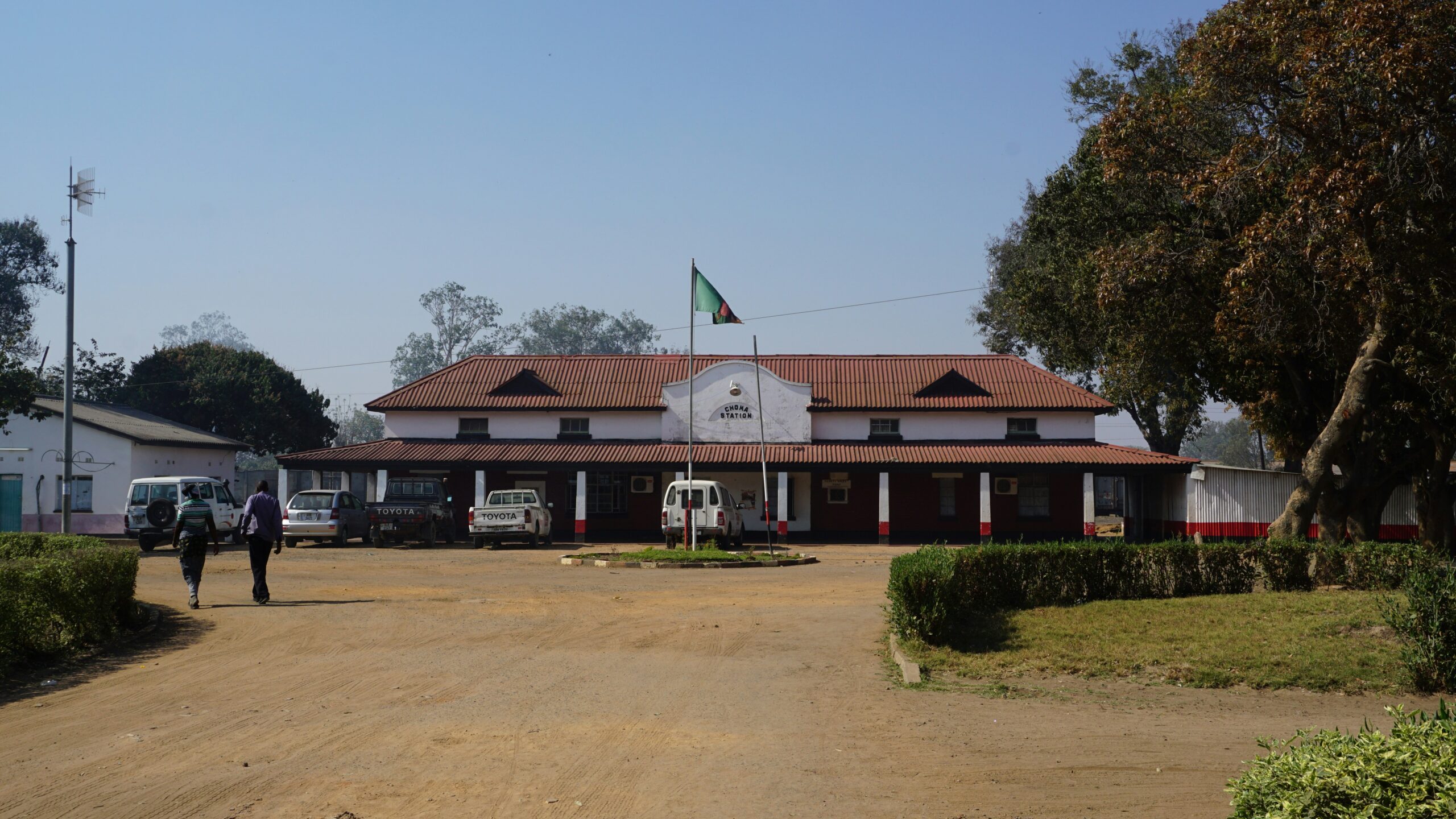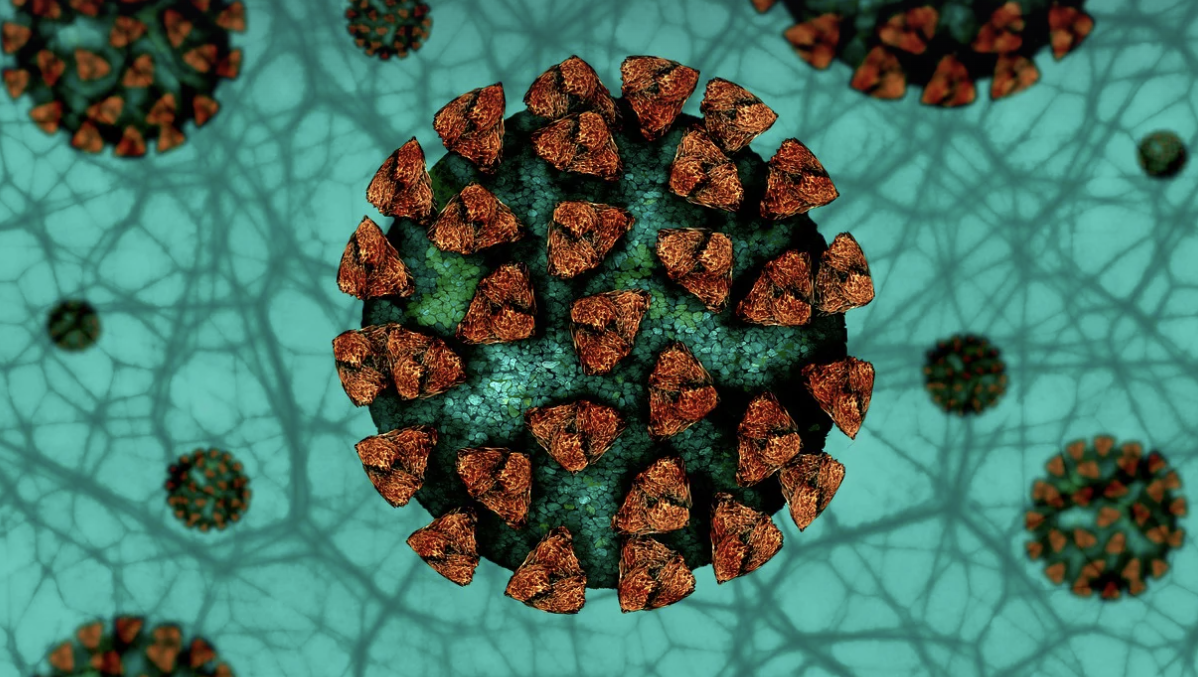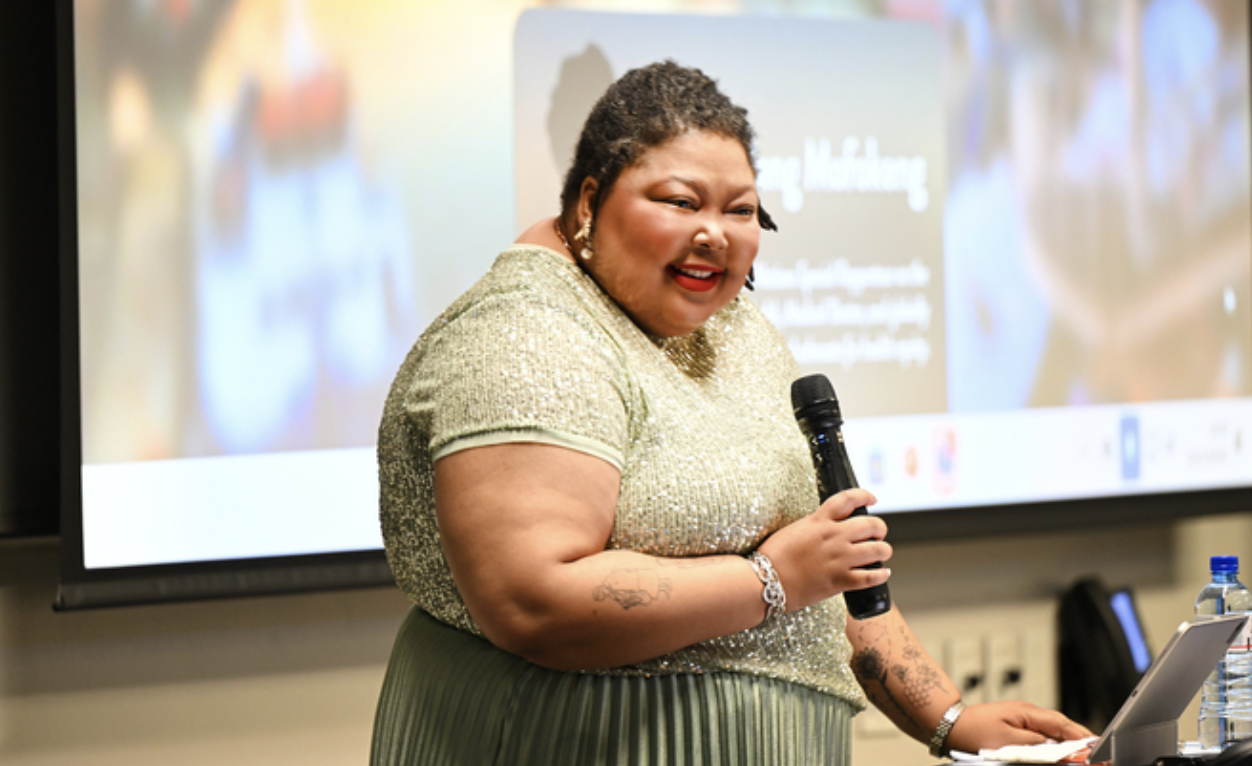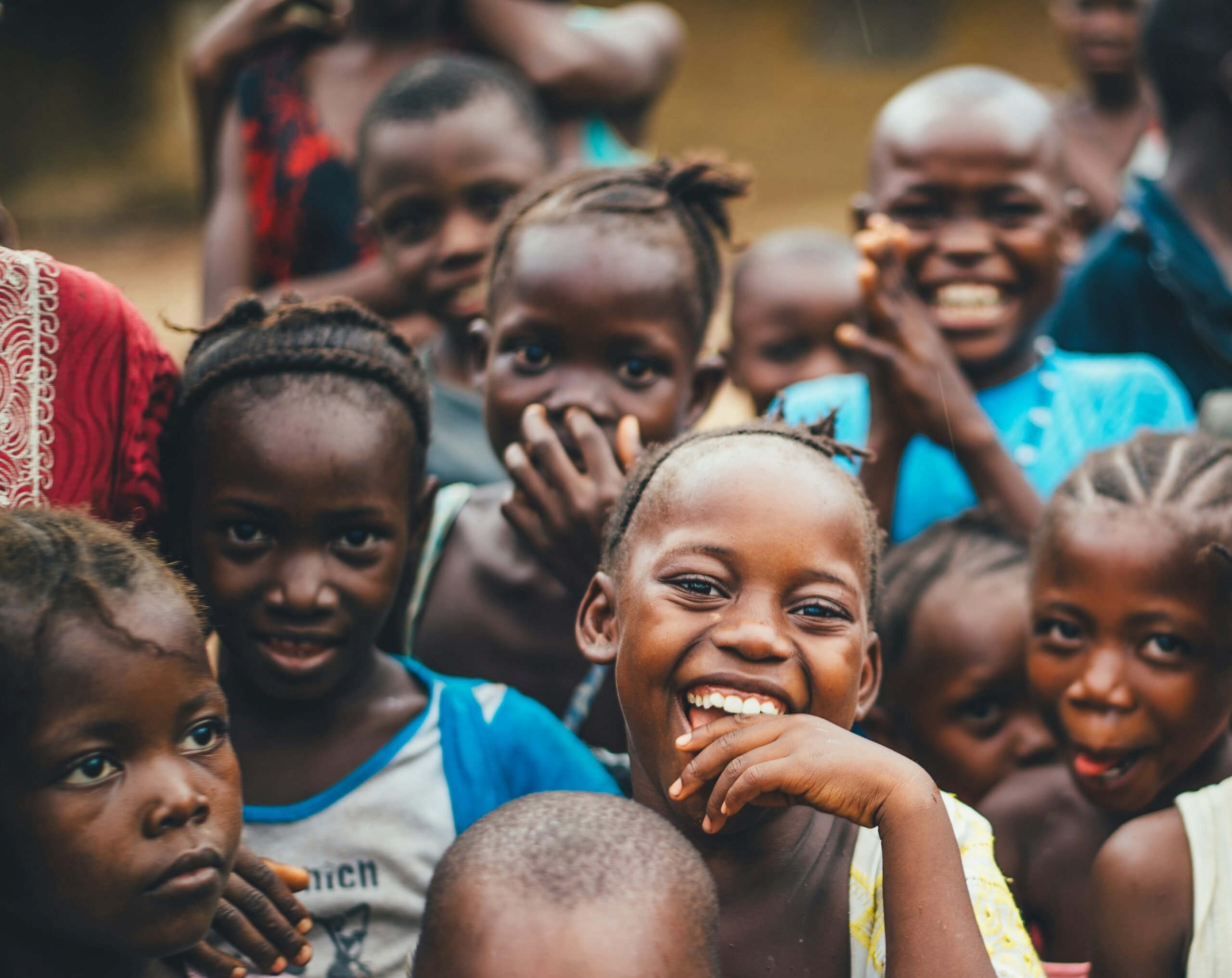The U.S. and European retreat from health aid has exposed Africa’s reliance on external donors, prompting a push for health sovereignty. Through fiscal reforms, regional manufacturing, and initiatives like Africa CDC and the Accra Summit, nations are redefining ownership of health financing and governance.
The withdrawal of the United States from global health marks a profound structural shift in global development. Once the largest financier of the World Health Organization (WHO), the Global Fund, and Gavi, the vaccine alliance, Washington’s retreat has left a deep vacuum. USAID’s closure in 2025 has crippled vital HIV, immunization, and reproductive health programs across Africa. Nigeria alone lost over $600 million—one-fifth of its health budget—while Botswana lost a third of its HIV funding. This occurs amid Europe’s simultaneous retrenchment, with France slashing aid by 18 percent, Germany and the Netherlands reducing budgets, and EU Official Development Assistance (ODA) collectively shrinking in 2024.
Africa’s Health Sovereignty Awakening
Yet African nations had begun redefining their approach even before America’s exit. Nigeria’s 2023 Health Sector Renewal Initiative united domestic and partner resources under a “one plan, one budget” model, signaling stronger federal stewardship. Likewise, fiscal policies like Nigeria’s and Ghana’s sugar-sweetened beverage taxes, and Kenya’s transition toward a Social Health Insurance Fund, represent early moves toward self-reliance. This sentiment crystallized at the Accra Health Sovereignty Summit in August 2025, where leaders called for “health without aid.” The summit emphasized domestic resource mobilization, pooled procurement, and investment in regional manufacturing—a departure from dependency toward regional integration and autonomy.
Continental Institutions Rising
Regional bodies are providing the institutional backbone for this shift. The Africa Centres for Disease Control and Prevention (Africa CDC), lauded for its COVID-19 and mpox responses, is spearheading pooled procurement and fostering pharmaceutical self-sufficiency. Its partnerships have helped raise the number of WHO Maturity Level 3 national regulators across Africa from two in 2021 to nine by 2025—crucial for local drug production. The African Medicines Agency, launched in 2021, now advances regulatory harmonization to unify Africa’s pharmaceutical market. Together, these institutions represent a long-awaited foundation for health governance “by Africa, for Africa.”
New Donors, Familiar Risks
While Western departure creates space for new benefactors, it also raises the specter of renewed dependency. China’s $500 million pledge to WHO, its financing of the Africa CDC headquarters, and “Health Silk Road” investments aim to strengthen African health production but entwine geopolitical influence with aid. Gulf states like the UAE, Qatar, and Saudi Arabia are also advancing blended finance mechanisms, including the Lives and Livelihoods Fund and the $500 million Beginnings Fund. Yet unless aligned with national priorities, such assistance could replicate old patterns of external dominance under new patrons.
Philanthropic support—most notably from the Gates Foundation’s $1.6 billion Gavi pledge and new investments by Wellcome and Novo Nordisk Foundations—offers temporary relief but perpetuates accountability gaps. Private foundations often bypass public systems, reinforcing parallel structures and inefficiencies reminiscent of fragmented ODA channels.
Redefining Global Health Governance
African under-representation in governing boards of WHO, Gavi, and the Global Fund remains a systemic flaw. The Lusaka Agenda (2023) urged that donor funding be channeled through national systems, yet despite rhetorical commitments, decision-making power still sits with wealthy donor countries. African policymakers argue that sustainable reform requires binding domestic legislation for minimum health spending, innovative taxation, debt-for-health swaps, and sustained political will.
The collapse of the Western aid model exposes the fragility of decades-long dependency but also opens a critical window for transformation. Africa’s success will depend not on new pledges in Geneva or New York but on whether, within five years, health priorities are determined—and funded—from Abuja to Addis Ababa. The current crisis could, therefore, be remembered as the pivotal moment when Africa began to assert sovereignty over its own health destiny.






